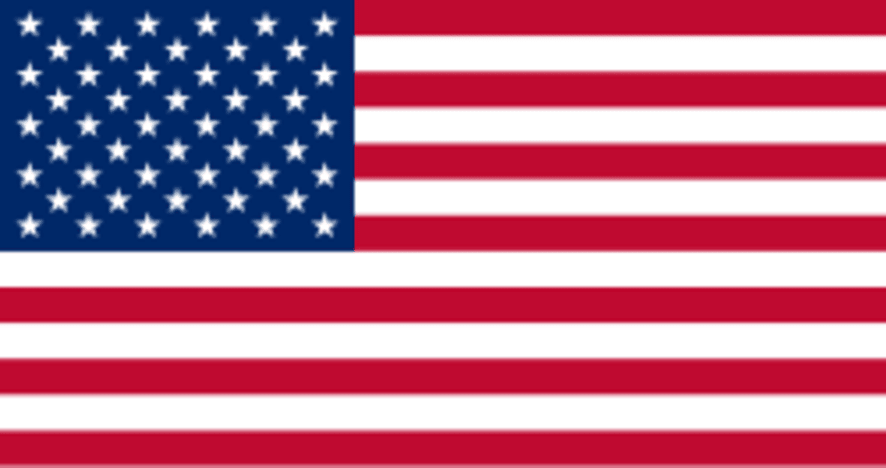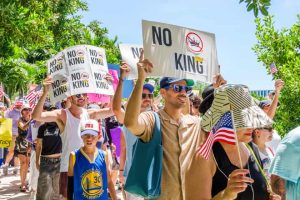The United States of America (USA) has been placed on a global civic space watchlist by a coalition of international civil society organisations, joining countries such as Turkey, Serbia, El Salvador, Indonesia, and Kenya as areas of urgent concern.
The move follows the release of a new report on Wednesday by Civicus, a non-profit alliance that monitors civil liberties and civic space around the world.
The report cites “sustained attacks on civic freedoms” across the the country, highlighting a growing authoritarian trend that has raised alarms within the international community.
Civicus pointed to three key areas of concern: the militarised response to protests, increasing restrictions on journalists and civil society organisations, and the aggressive targeting of anti-war activists, particularly those expressing solidarity with Palestinians.
As part of its global monitoring system, Civicus assigns countries one of five civic space ratings: “open”, “narrowed”, “obstructed”, “repressed”, or “closed”. The United States has now been downgraded to “narrowed”.
According to Civicus, a “narrowed” rating applies to countries where civic freedoms are legally permitted but frequently undermined in practice. “People can form associations to pursue a wide range of interests, but full enjoyment of this right is impeded by occasional harassment, arrest or assault of people deemed critical of those in power,” the group explains. It adds that while peaceful protests may occur, authorities often deny permits on vague security grounds and occasionally use excessive force, including tear gas and rubber bullets, against demonstrators.
The report also warns that while a diverse media landscape exists in “narrowed” countries, press freedom is often constrained through political pressure, targeted funding cuts, or restrictive regulations.
“The United States appears to be sliding deeper into the quicksands of authoritarianism,” said Civicus Secretary General Mandeep Tiwana in a statement. “Peaceful protests are confronted with military force, critics are treated as criminals, journalists are targeted, and support for civil society and international cooperation has been cut back.”
Tiwana cited the deployment of US Marines and National Guard troops to California in June to quell protests against immigration raids as a particularly alarming development. “This level of militarisation sets a dangerous precedent. It’s a line that democratically elected leaders aren’t meant to cross,” he warned.
He also criticised recent decisions by the Trump administration to reduce or revoke funding for public broadcasters such as PBS and NPR. “What they’re trying to do is defund critical news sources and deny the American people the ability to receive truthful, non-partisan reporting,” Tiwana told The Guardian.
The report further highlights the growing criminalisation of peaceful advocacy, particularly regarding Palestinian rights. Civicus condemned reprisals against foreign-born student activists, including Mahmoud Khalil, Mohsen Mahdawi and Rümeysa Öztürk, and criticised the sanctioning of Francesca Albanese, the UN special rapporteur for the West Bank and Gaza.
“We are seeing a wide-ranging attack on civic space in the US by the federal and some state governments,” said Tiwana. “Authorities in the US should reverse course from the present undemocratic path by guaranteeing everyone’s First Amendment right to organise and dissent legitimately.”




